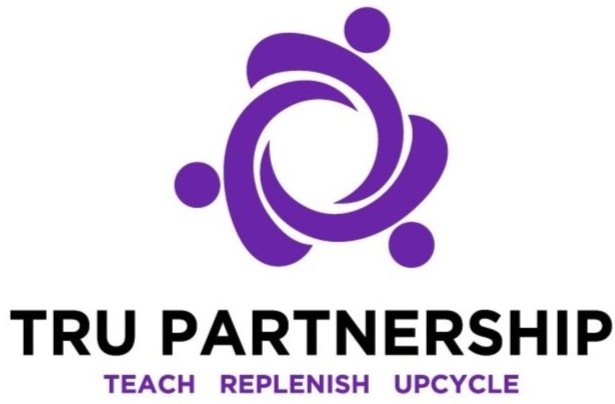How it Works
TRU Partnership takes pride in being part of a "beautiful circle of giving and receiving." We collect donations and disposed items, sorting and preparing them for distribution. These items are then delivered directly to individuals, families, and other organizations. Recipients come to TRU through various channels, including self-identification, referrals from other programs such as domestic abuse or recovery programs, and through interactions at community events we host. Depending on the specific needs, our distributions range from basic items such as pots and pans or toys to comprehensive support, furnishing everything required to establish a new home—from dishes and lines to furniture and beyond.
The majority of the items we collect are distributed within one or two weeks. We reserve a small percentage of donated items for future distribution. For example we store items for when assembling a complete household for someone who is transitioning from temporary housing to a permanent residence. Whenever possible, our aim is to gather all necessary items enabling them to move into a fully furnished home.
Managing the distribution of donations involves intricate logistics. Smaller items are frequently distributed at events or from designated drop-off points. Other items are allocated based on prior request. TRU maintains a waiting list of requests such as furniture, small appliances, and such. When these items becomes available, we contact individuals on the list and send them a photo to determine if it aligns with their needs and preferences. If they express interest, we arrange for delivery. If not, we move on to the next person on the waiting list. This process ensures that donated items find appreciative homes efficiently.
Scheduling a donation pickup is also a personalized service, mirroring our approach to distributing donations. Potential donors reach out to us via phone, email, or our website. During our discussion, we explore the list of items they wish to donate and request photos of larger items. Given our limited storage capacity, it's crucial to ensure that the items we collect align with the needs of our clients. Once we've determined what we can accept, we schedule a pickup time. As TRU operates solely with volunteers and does not sell donated items, we ask donors for a financial contribution to help cover our costs associated with picking up and processing donations.
Additionally, some individuals who have received donations from us are now giving back by donating items they no longer need, thus completing the circle of giving and receiving. This beautiful cycle highlights the interconnectedness and generosity within our community.


